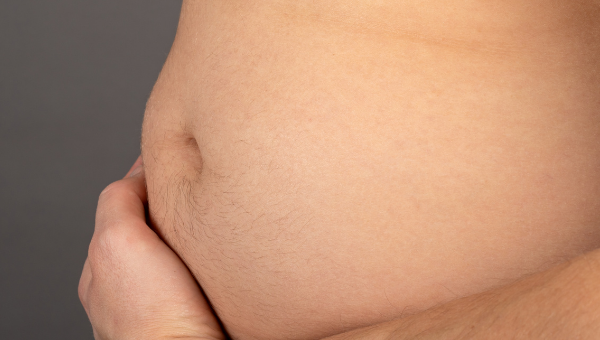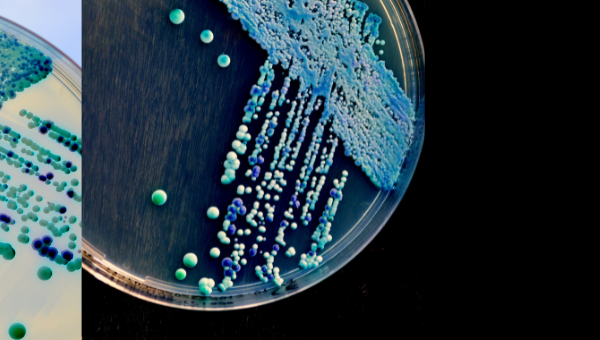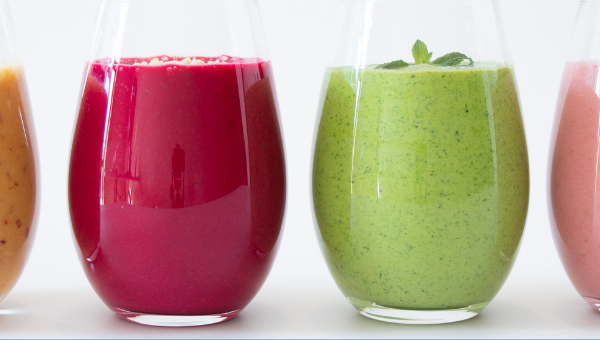Where do sugar cravings come from?
Sugar cravings come from foods high in sugar or other carbohydrates. These particular cravings can be especially difficult when trying to curb that sugar craving. Sweet foods and those rich in other carbohydrates fire off feel-good chemicals like serotonin, dopamine, and other endorphins in the brain.
Blood sugar imbalance
Many sugar cravings stem from a blood sugar imbalance. When your body ingests sugar, your blood sugar spikes and your body releases insulin to lower it to a safer level. If the insulin brings your blood sugar level a bit too low, as often happens, your body craves foods that will raise it and increase your energy.
The blood sugar roller coaster
This one is hard to get off! The key to balancing blood sugar is eat foods that prevent too much insulin from being released, such as protein and healthy fats, and consume only small amounts of sugar (if any). Also very important – eat regular meals and snacks, because blood sugar drops when you skip a meal.

Not all sugars are bad
When trying to curb that sugar craving – remember – not all sugars are bad. Some foods like milk and fruit, contain natural sugars that your cells use for energy. They also contain fiber and protein that help balance out your blood sugar and prevent an insulin spike.
Added sugars are the real problem as they typically break down very quickly and increase your blood sugar way too fast! Limit the obvious offenders like soft drinks, cookies, cakes, ice cream and doughnuts.
Moderation is key!
Foods with added sugar are nutritionally empty – so adding them to your diet means you are missing out on beneficial foods that can improve your health and slow the aging process. Who doesn’t want that?
Limit your daily intake to 6 teaspoons (24 gr) for women,
Candida albicans (yeast)
The fungus behind “thrush” found only in the mouth and genitals until the late 1950’s. Now we know it invades deeply, growing on the heart and other organs like mold on fruit! Gross! No kidding… too long a story to tell here. Just know, eating sugar is like throwing food to hungry wolves here. If you suspect you have an issue with candida overgrowth, or have been diagnosed with it… take out alcohol and any “white or beige” foods. Not forever… just until it clears.
Tips for managing sugar cravings
- When a food craving strikes, drink a large glass of water and wait a few minutes. Sometimes a craving of any kind is simply a thirsty body.
- A brisk, 15-minute walk is more effective at reducing cravings than sitting around doing nothing.
- Small dietary changes may help curb that sugar craving.
- Setting specific times for meals each day can help to re-train the body and brain to communicate that there are times to eat and times not to.
- Manage stress levels. Stress can play a role in hunger cravings, and long-term stressors can cause some people to crave foods that are sugary or more calorie-dense.
Ask questions
Asking yourself questions when you have a sugar craving can pin point some key factors for you around your cravings.
Some cravings do not emanate from your belly. Stress causes the hormone cortisol to flood your body, releasing glucose from your liver, which in turn raises your blood sugar. We know fluctuations in blood sugar can cause cravings, so being constantly stressed is like begging for trouble.
Poor sleep also can trigger excess eating, including increased sugar consumption, as you seek energy to combat your fatigue. It’s critical to get enough sleep when trying to cut back on sugar.
The Bottom Line
If you are one of the lucky ones that can eat junk food every now and then without binging and ruining your progress, then do it! But if you cannot control yourself around such foods, try to avoid them as much as possible… or altogether.
If you manage to resist cravings, they will get weaker over time and eventually just disappear.





No Comments